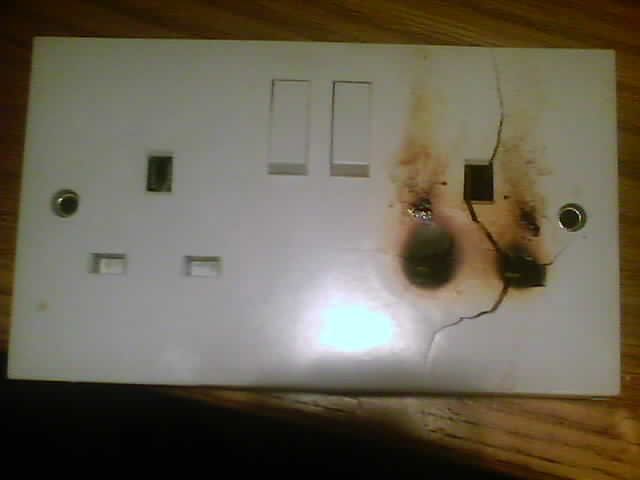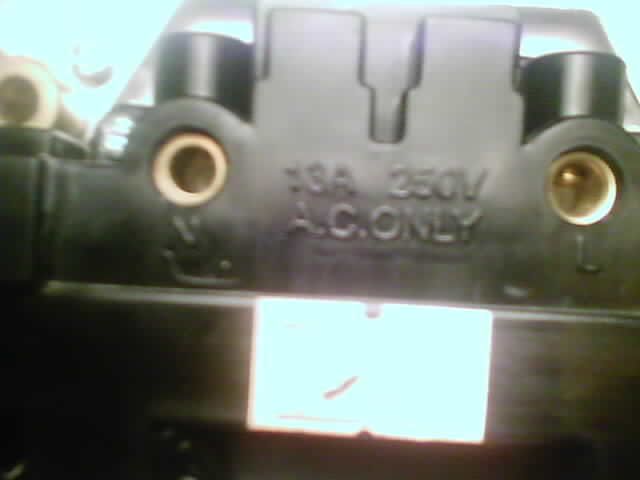joe-90 said:
Thanks for that John. I assumed it was just arcing that caused that problem, guess I was wrong huh?
joe-90 said:
Load of piffle. If there is a double socket it's there to be used. If it can't handle the load it shouldn't be there.
It's like saying your car brakes are good on small hills but not big ones.
You seem to contradict yourself here.
You have haughtily claimed in previous threads how much more knowledgable you are than some on here because you have your 16th Edition. Then you claimed it dated back to the mid 90's.
You may have some knowledge of electricity & the regs (albeit out of date), but you have very little understanding elsewhere.
A 13A accessory is just that. Whether it has one outlet, two or three.
And trying to pull in excess of 13A will eventually cause a breakdown of that accessory. Your comment about the copper being thick enough to take the load? Yes, very smart of you to play the "It's science that matters - not regs" card, but the simple truth is you are forgetting one very simple rule - The contact between the pins of the plug and the socket itself are only rated to 13A. Not that they have to be poor, as you state, but they are only rated for that load. Remember that the higher the current, the more important to have nice tight connections. They just can't take the load, and were never designed to.
Does that mean a 20A switch should happily accept a load of 45A?
Here is a double socket a colleague changed the other day:
It had been subject to around 23A of load.
And here is the rear of that socket, stating the maximum load:



